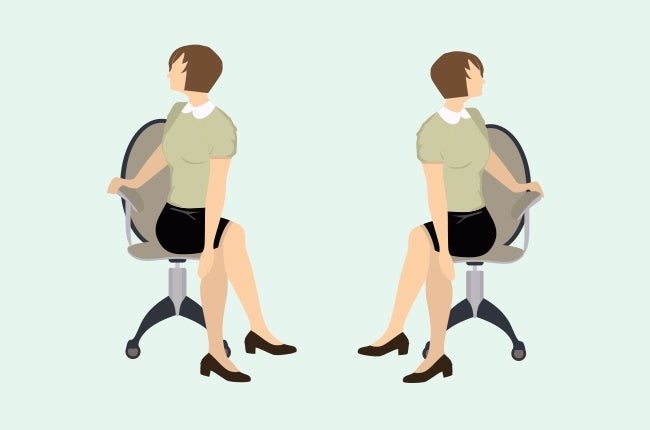In today’s modern era, desk jobs have become increasingly prevalent, resulting in a sedentary lifestyle that can negatively impact our overall health and well-being. Due to our busy lifestyles, we do not get time to focus on other things. Extended periods of sitting can lead to various health issues, including obesity, cardiovascular problems, and musculoskeletal disorders. However, with simple lifestyle changes, a conscious effort, and proactive measures, it is possible to stay active and maintain good health even while working at a desk job. In this article, we will explore effective strategies that can help you stay active and energetic throughout your workday. Let’s know how to stay active in office desk work.
Take regular stretch breaks

Sitting for extended periods can cause muscle stiffness and reduce blood circulation. Incorporating regular stretch breaks into your daily routine on the desk can lessen these effects. Simple stretches for your neck, shoulders, back, and legs can help relieve tension and improve flexibility. Use timers or reminder apps to prompt you to take breaks and stretch at regular intervals throughout the day.
Utilized lunch break efficiently
Often people spoil their lunch break in conversation. But you can plan the lunch break as an activity, like walking for 10 minutes after lunch, etc. This will help you to stay mentally and physically fit.
Keep yourself hydrated
Often during work, we forget to drink water, which can cause dehydration in the body. It is very important to take fluids in between work so that the body remains hydrated throughout the day. If you forget to drink water, you can set an alarm on your mobile and remember it. Stay hydrated to avoid fatigue, improve cognitive function, and keep your body functioning optimally.
Many people have very long office shifts. In such a situation, it is obvious to feel hungry after lunch. But in such a situation, most people eat unhealthy food, which can be harmful to their health. So plan your full day’s meal with you. For this, you can take light snacks, fruits, or smoothies.
Adapt a habit of physical exercise
Regular exercise can help you keep physically and mentally healthy. You can wake up in the morning and do stretching exercises or yoga. Apart from this, you can also come after walking for some time in the day and night. This can help you stay energetic throughout the day.
Conclusion
With office work, there is a profound impact on our mental and physical health. Due to screen time throughout the day, the eyes get stressed. Now it is not easy to change your work, but with the help of these special tips, you can keep yourself healthy with long hours of desk work. If you feel heavily stressed and anxious after, then take a break from work for a few days.








